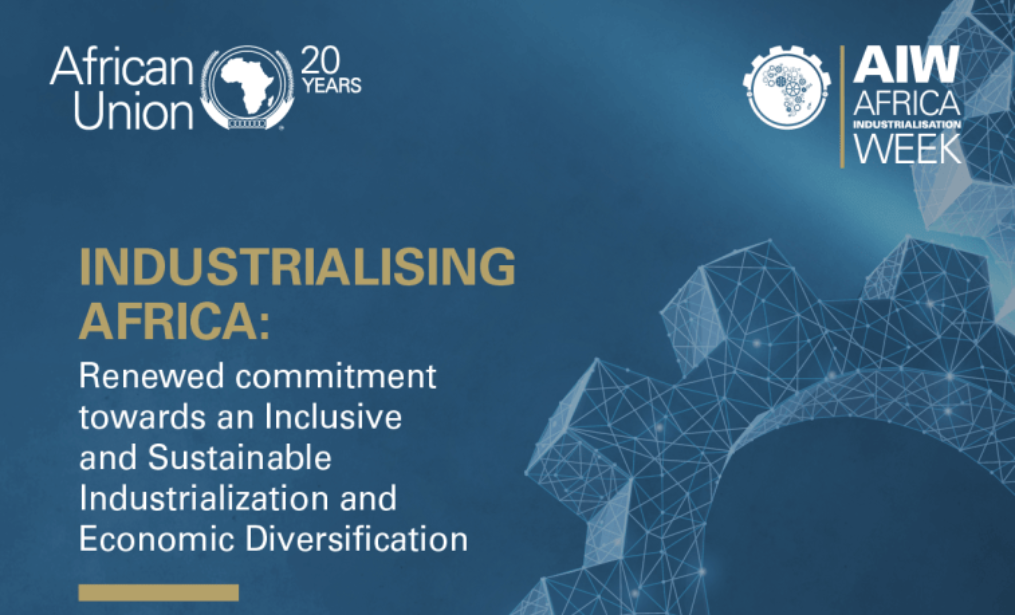A continent that has proven the agricultural sector as its economic backbone, followed by the manufacturing and services sectors, few African countries have internationally competitive manufacturing industries while the remaining majority extensively rely on the import of manufactured goods. The urgency for fast-tracking industrialization in Africa emanates from several factors, including the slow-paced industrialization process coupled with challenges such as limited knowledge and knowledge acquisition processes and poor policy formulation. The neglection of tailoring policies to the industrial capabilities of the particular African countries in the absence of adequate knowledge paralyses the possibility of an industrialization process incorporating a human-rights-based, inclusive and sustainable approach.
Yet, in parallel, industrialization heavily relies on land. Whether for subsistence or commercial gains, industrialization directly or indirectly impacts land use and alters the natural environment. Apart from changing the climate conditions, land use for industrialization drastically reduces the vegetative cover and land ownership rights. The recently created “loss and damage” fund also reflects how industrialization from the global north has altered the ecosystem in Africa in an unprecedented manner, hence creating a need to mend the situation. These observations emphasize why stakeholders in Africa need to adopt sustainable industrialization policies, that is, meeting Africa’s needs without compromising the ability of Africa to meet its future needs.
“For Africans, land is everything”. Accelerating industrialization in Africa to achieve the 2030 Agenda and the 2063 Agenda should consider the importance of property rights, which draws attention to the significance of safeguarding land rights in African societies. Industrial development can jeopardize inhabitants' lives because of alternations in the chemical composition of soil, vegetation, and species central to environmental quality.
While factoring in sustainable industrialization initiators such as workforce development, employment creation, increased productivity, inventions and innovations and increased learning rates, stakeholders ought to adopt and implement targeted policies. Not forgetting the central role of land in African societies, the policies should target providing inclusive infrastructure services, access to credit and training opportunities and empowerment of locally owned firms.
We should also encourage more studies connecting industrialization, infrastructure development and land ownership and management because of the crucial link between industrialization and land management.
The African Union outlines 10 things Africa must do to accelerate industrialization and economic diversification in Africa. Further, to commemorate the Africa Industrialization Day, the United Nations Secretary-General invites us to join forces to build a more sustainable, peaceful, and prosperous continent for all while expanding opportunities for youth, women and girls, among other recommendations.


